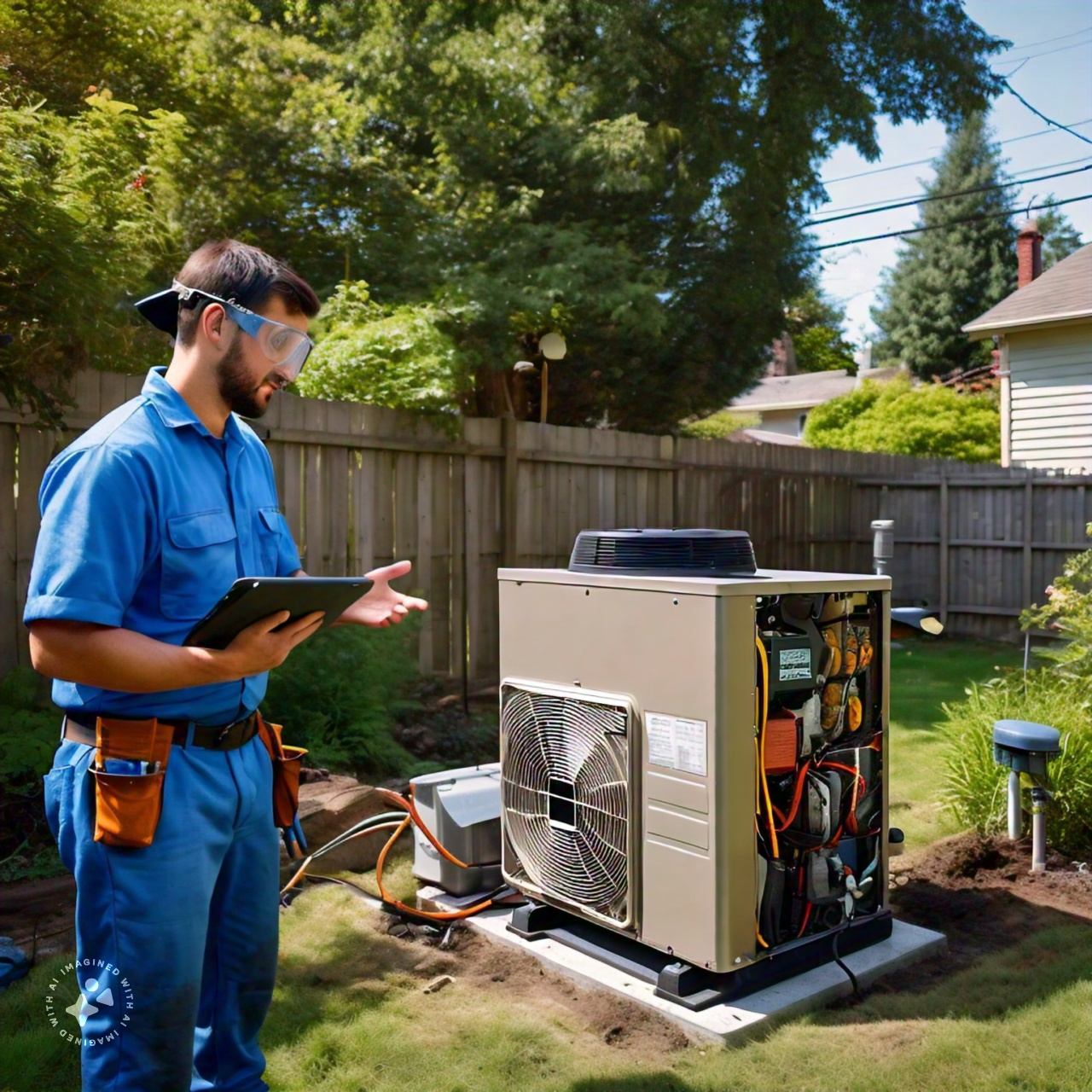In the realm of HVAC systems, heat pumps stand as versatile solutions for both heating and cooling homes. These systems efficiently transfer heat between indoor and outdoor air, providing comfort year-round. However, like any mechanical system, heat pumps may encounter issues requiring repair to maintain optimal performance. Understanding common problems, troubleshooting steps, and when to seek professional help can ensure your heat pump continues to operate efficiently.
Understanding How Heat Pumps Work
Heat pumps work by transferring heat from one place to another using a refrigerant cycle. During colder months, they extract heat from outdoor air (even in temperatures as low as -15°C) and transfer it indoors to warm the living spaces. In warmer months, the process reverses: heat pumps extract heat from indoors and release it outside, cooling the indoor environment.
Common Issues with Heat Pumps
Several common issues can affect the performance of your heat pump:
- Reduced Heating or Cooling Efficiency: If your heat pump is not adequately heating or cooling your home, it could be due to issues with the refrigerant levels, air flow restrictions, or thermostat settings.
- Strange Noises: Unusual noises such as grinding, squealing, or rattling may indicate mechanical issues, loose components, or worn-out parts.
- Frozen Coils: This can occur due to restricted airflow, low refrigerant levels, or malfunctioning components like the defrost control.
- Failure to Start: Electrical issues, such as blown fuses, tripped circuit breakers, or faulty capacitors, can prevent the heat pump from starting.
Troubleshooting Steps
Before contacting a professional for heat pump repair, consider these troubleshooting steps:
- Check the Thermostat: Ensure the thermostat is set correctly and functioning properly. Sometimes, a simple adjustment can resolve heating or cooling issues.
- Inspect Air Filters: Dirty or clogged air filters can restrict airflow, affecting the heat pump’s efficiency. Replace or clean filters regularly.
- Inspect Outdoor Unit: Ensure the outdoor unit is free from debris, such as leaves, dirt, or snow, which can obstruct airflow and impact performance.
- Inspect Indoor Vents: Ensure all vents are open and unobstructed to maintain proper air circulation.
When to Seek Professional Help
While some troubleshooting can be done independently, certain issues require the expertise of HVAC professionals:
- Refrigerant Leaks: Handling refrigerants requires specialized training and equipment. If you suspect a refrigerant leak (indicated by reduced cooling or heating capacity), contact a professional immediately.
- Electrical Issues: Problems such as faulty wiring, capacitor issues, or compressor failures should be addressed by a licensed HVAC technician to ensure safety and prevent further damage.
- Complex Mechanical Issues: If you hear unusual noises, notice excessive ice buildup, or experience inconsistent heating or cooling, it’s best to consult a professional HVAC technician. They can diagnose the issue accurately and recommend appropriate repairs.
Conclusion
Maintaining a well-functioning heat pump is crucial for ensuring comfort and energy efficiency in your home. By understanding how heat pumps work, recognizing common issues, and knowing when to seek professional help, you can address problems promptly and effectively. Whether it’s adjusting thermostat settings, cleaning air filters, or scheduling routine maintenance, proactive care can extend the lifespan of your heat pump and keep your home comfortable throughout the year.







